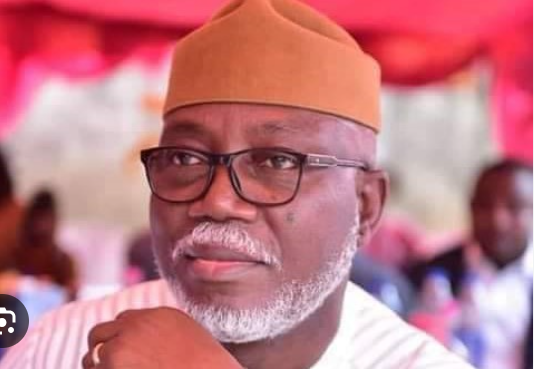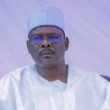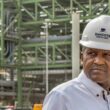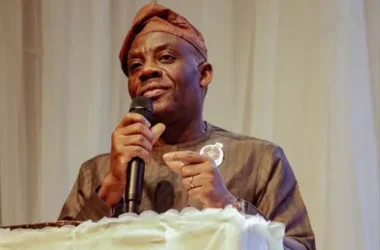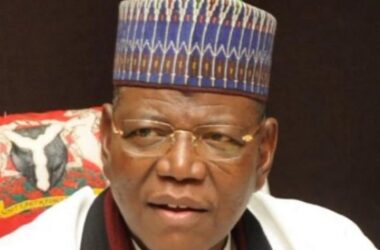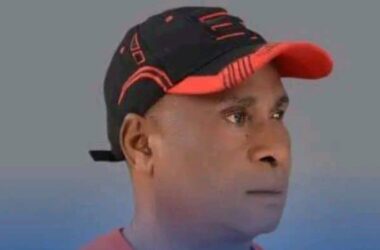The re-election of Governor Lucky Aiyedatiwa of Ondo State under the All Progressives Congress (APC) banner has ignited a fierce debate across political circles.
While the Independent National Electoral Commission (INEC) and APC hailed the process as credible and transparent, opposition parties, particularly the Peoples Democratic Party (PDP), alleged widespread irregularities, including vote-buying and voter intimidation.
Governor Aiyedatiwa won decisively, securing 366,781 votes to defeat his closest rival, Agboola Ajayi of the PDP, who polled 117,845 votes. This overwhelming margin saw Aiyedatiwa triumph in all 18 local government areas of the state, leading to both praise and criticism.
INEC was quick to dismiss allegations of malpractice. According to the State Returning Officer, Prof. Olayemi Akinwumi, the poll was one of the best conducted by the commission. He highlighted meticulous planning, timely execution, and the efficiency of the Bimodal Voter Accreditation System (BVAS), which reportedly achieved a functionality rate of over 98%.
He stated, “The timetable and schedule of activities was released one year ahead, and 13 activities were listed. Each activity, from the beginning to the end was meticulously executed. And in doing so, we carried all political parties along. In fact, INEC met with political parties four times in the course of the year where all critical issues concerning the election were discussed. The PDP never complained about anything at these meetings.
“Besides, the PDP was given the opportunity to nominate their polling units and collation agents, which they did. And in the just concluded election, INEC achieved two main feats: 97 per cent of the 3933 polling units in the state were opened by 8.30am, while 100 per cent were opened by 10am. This points to the meticulous planning and follow-up we did with transport providers, which worked excellently.”
Oyekanmi praised the functionality of the Bimodal Voter Accreditation System which he put at over 98 per cent, adding that by 7pm on election day, 92 per cent of the results had been uploaded to the INEC Result Viewing portal.
‘’The only complaint by the PDP a few weeks to the Election Day, was an allegation of bias against our Resident Electoral Commissioner for Ondo State. But there was no single proof to substantiate the allegation. The Commission thus ignored the party’s demand for her removal,’’ he noted.
The PDP, however, rejected the results outright. Its National Publicity Secretary, Debo Ologunagba, criticized the process as a mockery of democracy.
He stated, “This election witnessed widespread election merchandising, monetization, and barefaced vote buying by the APC. This reprehensible practice threatens Nigeria’s democracy and must be addressed if our democratic system is to survive.
“This devious practice by the APC was rampant and pervasive because the APC have utterly impoverished Nigerians and turned poverty into a weapon of mass subjugation which enabled it to manipulate the election and its outcome.’’
“We call the attention of all Nigerians and the International Community to this reprehensible practice by the APC as widely witnessed in Ondo State and we demand that serious action be taken to stem such if Nigeria’s democracy must survive. In the meantime, the National Working Committee of the PDP will be having a more detailed review of the election outcome and take appropriate action in the defence of our democracy,” he further stated.
Other political parties also voiced concerns about vote-buying. Myson Nejo of the African Democratic Congress and Gbenga Edema of the New Nigeria Peoples Party claimed that voters were offered as much as ₦20,000 in some areas. Edema lamented, “I refused to buy votes, and that cost me the election. But I am satisfied with my integrity.”
Dr. Abass Mimiko of the Zenith Labour Party acknowledged the prevalence of vote-buying but urged respect for the final outcome. Similarly, Labour Party’s National Legal Adviser, Kehinde Edun, alleged that federal resources were used to sway the electorate in favor of the APC.
Despite these claims, Governor Aiyedatiwa denied any knowledge of vote-buying. Speaking on Channels Television, he said, “I didn’t pay money for votes. I am not aware that any party member bought votes on my behalf.”





